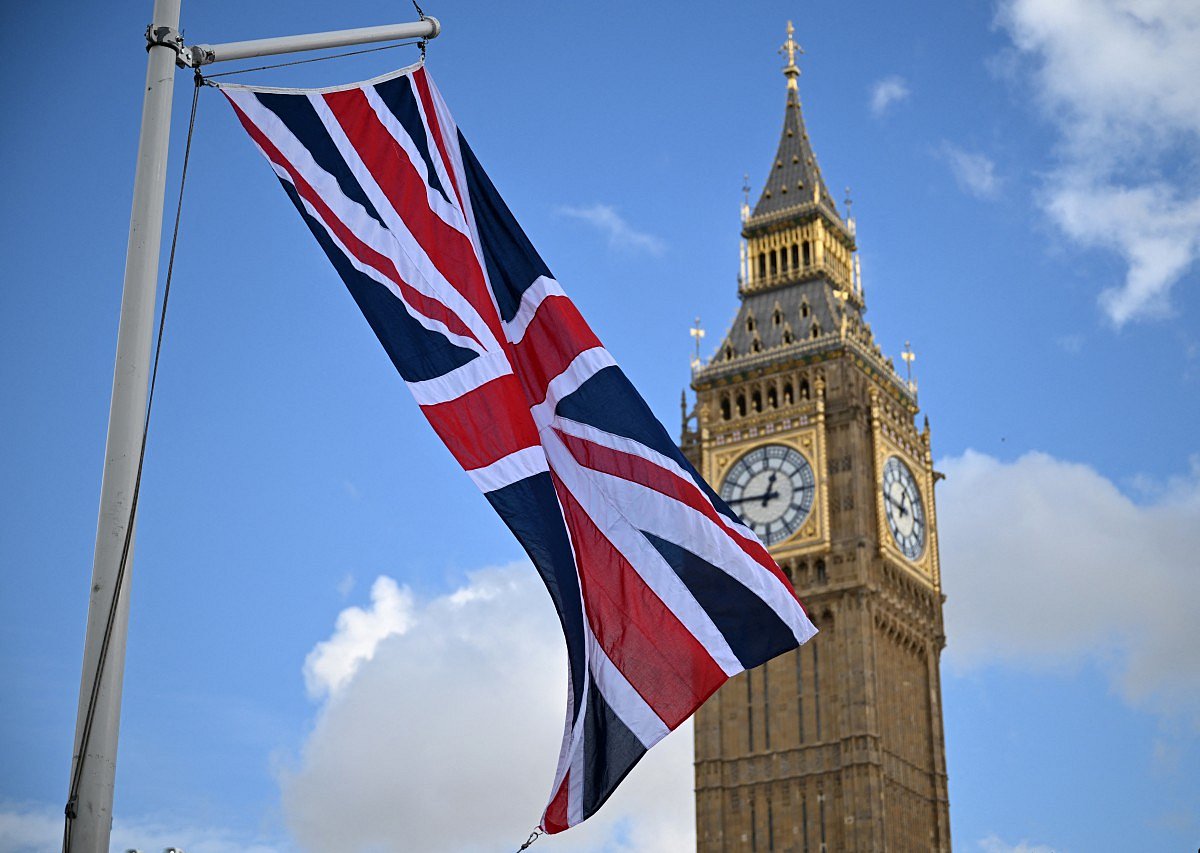New UK visa rule: International students will soon be allowed to switch to Innovator Founder Visa without leaving the country
Move designed to retain talent, boost innovation and ease the student-to-startup shift

Dubai: Starting November 25, 2025, the UK will introduce a major immigration change allowing international students to switch from a Student visa to the Innovator Founder Visa without leaving the country.
For the first time, graduates who want to build a start-up can move straight into an entrepreneur route in-country, instead of interrupting their plans to apply from overseas.
This shift comes as the Start-up Visa is no longer open to new applicants. Foreign nationals who might previously have used the Start-up route are now expected to look instead at the Innovator Founder Visa if they want to set up a business in the UK.
The 2025 UK White Paper had already floated this direction of travel, proposing a review of the Innovator Founder route to ensure it better supports entrepreneurial talent currently studying at UK universities.
The aim: Help genuine graduate founders move smoothly onto an entrepreneur visa so they can build both their business and their career in the UK, rather than being pushed out just as they become economically useful.
Under the new rules, students who have completed their degree or eligible course will be able to switch from a Student Visa to an Innovator Founder Visa without exiting the UK, provided they meet strict eligibility conditions. These include:
Holding valid Student permission at the time of application, with no overstaying
Successful completion of the course linked to their Confirmation of Acceptance for Studies (CAS)
Securing an endorsement from an Innovator Founder endorsing body, confirming that the business idea is innovative, viable and scalable and that the applicant will play an active role
Demonstrating sufficient funding to support the proposed business (no fixed minimum, but credible resources are required)
Meeting B2 level English requirements and showing maintenance funds, where applicable
Crucially, self-employment is not automatic. A student may only be self-employed under the Innovator Founder Visa if all three of the following conditions are met:
They have applied for permission on the Innovator Founder route
Their application is supported by an endorsement from an Innovator Founder endorsing body
The application was made while they still held permission as a Student
Only once these conditions are satisfied can an international student legally begin building their business in the UK under the Innovator Founder framework.
The policy arrives against a backdrop of record student migration and growing tension over how study routes are used. In the year to June 2023, 657,000 student and dependant visas were granted — the highest in the series since 2006.
Nearly 200,000 (28%) of these went to Indian nationals, making India the top source country, followed by Nigeria and China; together, the three accounted for about two-thirds of all student visas.
Post-study options
At the same time, the government has been tightening other post-study options. The Graduate route is being shortened, salary thresholds under the Skilled Worker route have risen sharply, and key middle-skill roles are being cut from eligibility.
Many former students who do manage to stay end up in care work or other roles below their qualification level, simply to maintain a legal foothold in the UK.
Layered onto this is a quieter but serious issue: fraud and misuse of study visas. Sami (not his real name), who came to London from India with his two children in January 2023 as dependants of his wife’s master’s place, says agents in India fabricated financial documents for their application. He also claims his wife never intended to study.
While thousands of students arrive with legitimate paperwork and genuine academic plans, cases like Sami’s highlight how hard it is to know how many visas were granted on false pretences. The Home Office tracks detected fraud but does not publish detailed figures, and alleged undetected cases simply disappear into the system.
The new Innovator Founder switching rule is meant to reward genuine student entrepreneurs and keep their talent in the country. But its success will depend not only on tough endorsement standards and case-by-case scrutiny, but also on addressing weaknesses in the front end of the pipeline — where study visas are issued, where agents operate, and where the line between genuine students and opportunistic migrants is sometimes blurred.
Sami’s story, by the numbers
Arrival as dependants
In January 2023, Sami and his two children arrived in the UK from India as dependants of his wife, who had been accepted onto a master’s course in London.Part of a record wave
They were among the 657,000 people granted student and dependant visas in the year to June 2023 — the highest total since comparable records began in 2006.India at the top
Nearly 200,000 of those visas (28%) went to Indian nationals, making India the top nationality. Along with Nigeria and China, India accounted for around two-thirds of all student visas.Alleged fake finances
Sami says agents in India helped prepare fake financial documents to secure the family’s visa approval, and that these were submitted as part of their application to the Home Office.No real intent to study
According to Sami, his wife never intended to study on the master’s course, using the offer instead as a route to enter and remain in the UK.Fraud that never shows up in the stats
While the Home Office collects data on detected fraud, it does not publish those figures — and Sami’s case, he says, was never detected, underscoring how the true scale of misuse remains unknown.
Sign up for the Daily Briefing
Get the latest news and updates straight to your inbox
Network Links
GN StoreDownload our app
© Al Nisr Publishing LLC 2026. All rights reserved.
